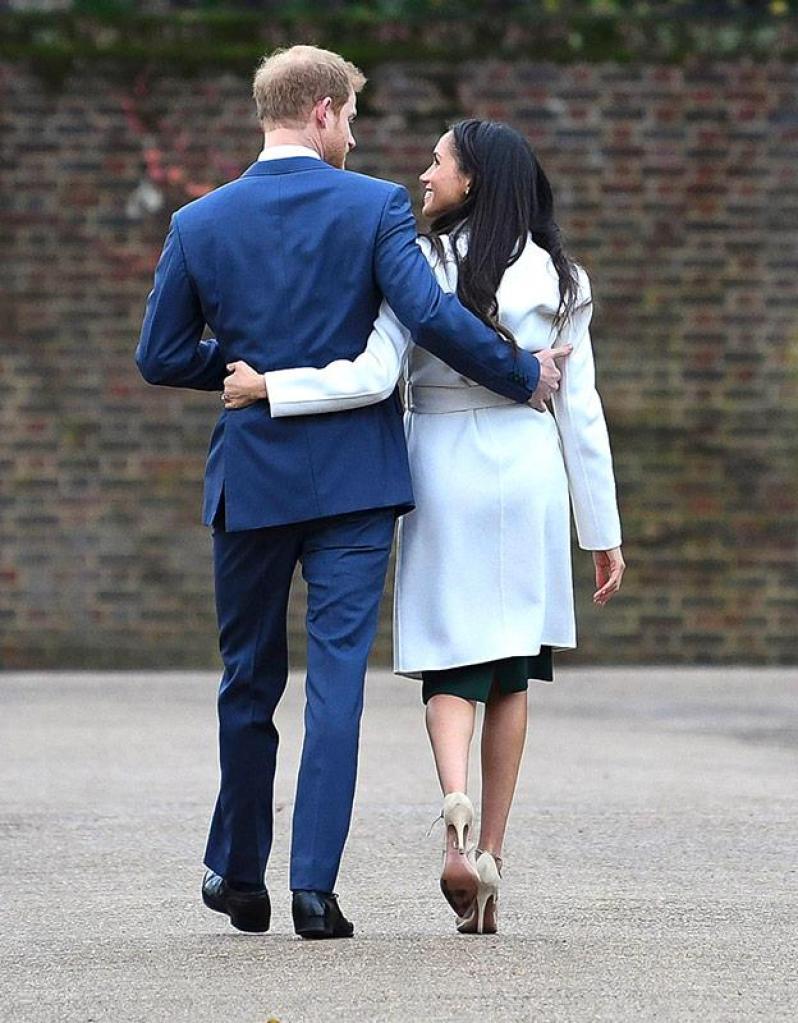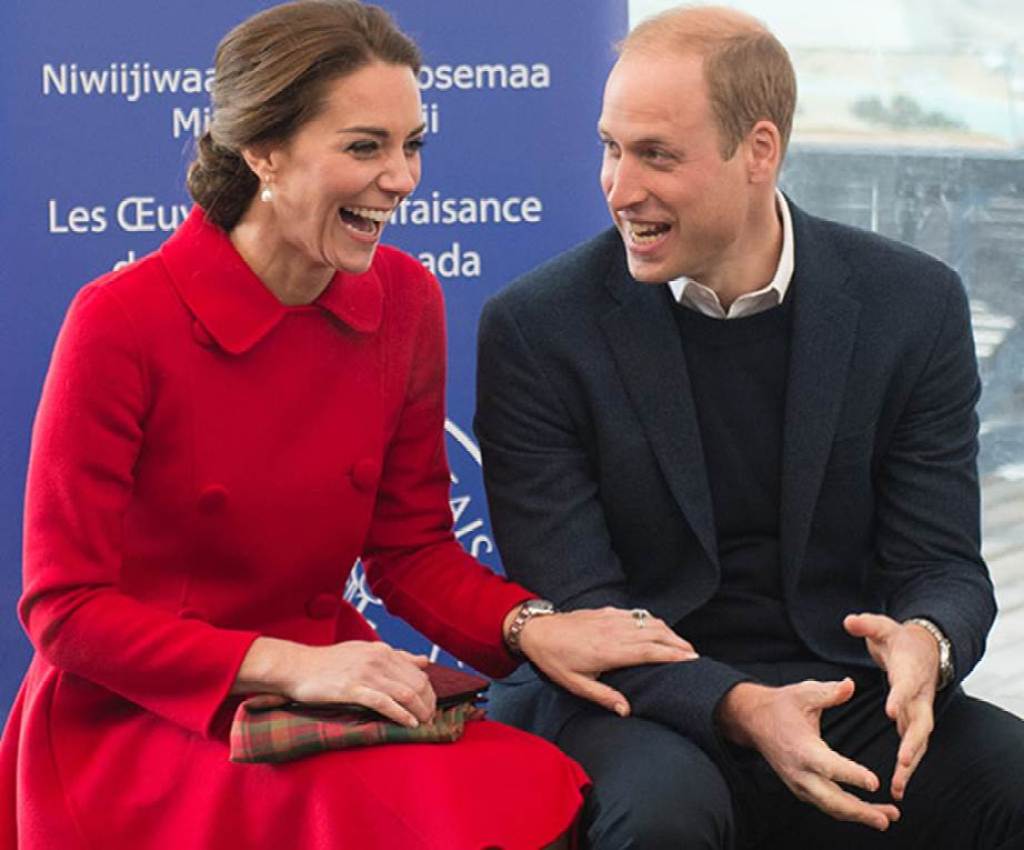Science reveals that when you want to communicate something crucial to your partner, a five-second touch can get your message across faster than words ever could.
You know that to keep your relationship strong, being able to communicate is the key.
But what you don’t realise is that you don’t always need to have a heart-to-heart, or even speak at all, to stay tight.
Instead, a 2018 study showed that a fleeting touch (we are talking for as little as five seconds) can express specific emotions, such as happiness, love and anger.
“Touch is one of the most primitive ways we can communicate, but it is also one of the most effective,” explained David Givens, PHD, director of the Centre of Nonverbal Studies.
“It’s the first ‘language’ we learn as babies, so we understand it quickly and instinctively.”
This is awesome news for couples.
“A simple gesture can have more impact on him than a lengthy conversation might,” says Givens.
Read on to discover which touches will improve your communication skills as a couple.
Want your own fairytale love story? Sign up for eHarmony today.

“Touch is one of the most primitive ways we can communicate, but it is also one of the most effective.”
(Image: Getty)When you need to say “I’m sorry”
Reach over and squeeze his knee (while you’re both sitting)
Touching his knee as you apologise makes him feel connected to you, so he is more receptive to what you are trying to say.
“The knee is your go-to area spot because it’s neutral territory,” explains Givens.
“It’s not as invasive as touching a leg or an arm would be, so he won’t recoil if he is upset.”
Plus when you extend your arm to touch his knee, your body has to bend forward slightly.
“This is a submissive posture that subconsciously signals to his brain that you are genuinely contrite and would like his forgiveness,” says Givens.
And since you’re (very subtly) “bowing toward him, it makes him feel validated, so he’s even more likely to accept your apology.”
When you want to get him to do something he doesn’t want to do…
Grasp his hands and coax them into a prayer position, then position your hands over his.
Arranging your hands as if you’re praying projects power and control (it’s a gesture executives and politicians use all the time while speaking).
“And by placing his hands between yours, you’re subconsciously signalling him that you are the dominant one in this scenario,” says Field.
“As a result, your words become more persuasive to him, though he won’t know why.”

“A simple gesture can have more impact on him than a lengthy conversation might,” an expert confirms.
(Image: Getty)When you want to let him know you are turned on…
Put your hand on the top of his inner thigh.
This move isn’t effective just because it is super close to his package (though that doesn’t hurt).
“The upper part of his inner thigh is a sensitive area on its own,” says Givens.
“It’s loaded with nerve endings that connect to his genitals.”
Plus the skin in this region is more tender, since it’s the part of the thigh that generally has the least amount of muscle.
“Stroke and lightly knead his inner thigh with your fingers,” says Wexler. It’ll guarantee his hands will be all over you as soon as possible.

There’s one place to reach for if you want to say “I love you.”
(Image: Getty)When he’s upset…
Lightly scratch his neck along the hairline.
It’s the ultimate soother for two reasons.
First, racking your fingers through his hair taps into primitive grooming instincts.
“Preening is a universal caretaking gesture that everything from birds to primates to humans, use to show affection says Givens, “It’s a nurturing move that makes him feel safe and more calm.”
The trapezius muscle (a large back muscle) also extends up through the neck, “This area is where we tend to carry the bulk of the stress in our bodies,” says Tiffany Field, director of the Touch Research Institute at the University of Miami ‘s Miller School of Medicine.
As a result, whatever is upsetting him is literally a pain in the neck.
“Stroking the trapezius helps him to relax, just as a massage would,” Field says.
When he’s angry and you need to defuse a fight
Place your hand on top of his shoulder, keeping your elbow straight.
This is like hitting the pause button on his brain during an argument.
While the motion is firm- keeping your arm straight carries more power and commands attention, according to Givens, the comforting contact will help to calm down your guy (the shoulder is an ideal spot to touch in a moment like this, since it’s well protected with muscle and less sensitive as opposed to more vulnerable places, like his face and neck).
“Your touch will bring him out of the heat of the moment and remind him of your bond, taking his anger down a notch,” explains Givens.
The key, though, is to use this move just as a fight is beginning and his heated emotions are still at a simmer and not at full boil.
“Otherwise, stress hormones like adrenaline and cortisol will have spiked to the point where your peacemaking gesture is lost on him,” says Givens.

Will and Kate know all about subtle PDA.
(Image: Getty)When you want to say “I love you”
Gently place your hands on his cheeks.
A guy’s face is extra sensitive- even after he has shaved, his scruff has special tactile sensors that wrap around the hair follicles.
“A higher number of follicles make a man’s face more sensitive than a woman’s,” says Givens.
“That makes this a great spot to take advantage of, since a woman’s skin is usually more delicate than a man’s.”
Plus, the hands-on-your-lover’s-cheeks gesture is interpreted as especially romantic (that’s why it’s used in practically every movie kissing scene).
“The face is one of the most emotionally intimate spots on the body, so holding his closely communicates the deep bond you feel with him,” says Field.
Decode his response
Physical contact makes it easier to pick up immediately on your partner’s perspective, since you can feel his body react in your hands (as opposed to having to gauge his facial expression or tone of voice).
Look for these clues to figure out what’s going through his head.
He tenses up
You’ll feel his muscles contract under your hand, like a reflex.
This indicates that he is nervous and unreceptive (for example he may be unconvinced by your apology, if you feel his knee twitch as you squeeze it).
He leans into you
If he subtly shifts his body to meet yours (like by melting as you scratch his neck), he’s showing you that he’s under your influence.
This means he’s more likely to agree to walk the dog or want to stop a fight.
He angles his body away from you
By maintaining the physical connection, he is showing that he is open to what you are saying, but angling to the side means he’s not totally sold (it’s a physical sign of his ambivalence).
He’s perfectly still
Typically, no reaction is the worst reaction.
That means he is completely disengaged from the conversation and has built up a wall.
You’re better off waiting until another time, when he’s not shutting you out.


